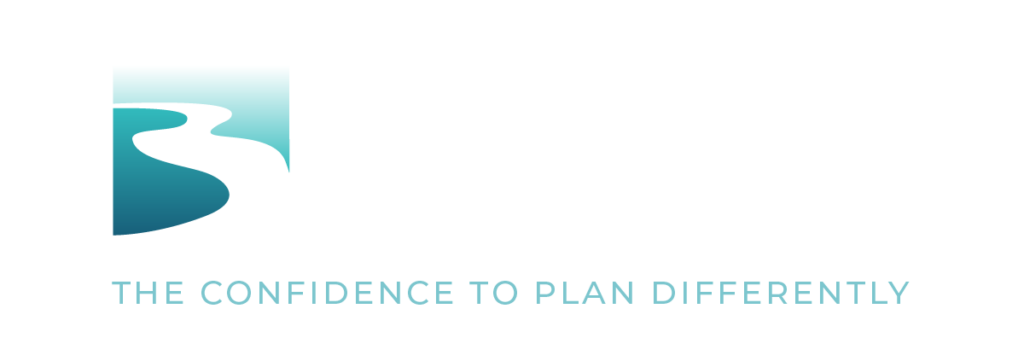Investing is a savvy way to grow and maintain your wealth over time, but you need a strategy in place to optimize returns and safeguard your hard-earned dollars. Maximizing after-tax returns involves a strategic approach to tax planning. Below, we’ll discuss an array of tax-saving strategies, empowering investors to minimize tax liabilities and enhance their financial portfolios through tax-efficient investing.
Tax-Efficient Investing: Making Smart Choices
Selecting tax-efficient investment vehicles is your first step, as your choices significantly impact after-tax returns. Investing in tax-exempt municipal bonds or utilizing tax-deferred retirement accounts like IRAs and 401(k)s shields investment gains from immediate taxation, promoting potential growth while reducing tax liabilities.
Long-Term Investing and Capital Gains
Holding investments for more than a year allows for lower long-term capital gains tax rates. This tax-efficient investing strategy not only minimizes tax burdens but also encourages a more strategic approach to investing, promoting long-term value appreciation and tax savings.
Tax-Loss Harvesting
This is a technique that many investors aren’t aware of, but it allows investors to offset capital gains by selling investments that have experienced a loss. Maximizing losses to offset gains and deducting up to $3,000 from ordinary income creates an effective tax-saving opportunity, so be sure to consider its usefulness with your personal portfolio.
Utilize Retirement Accounts for More Tax-Efficient Investing
We touched on the benefits of tax-deferred retirement accounts a bit already, but contributing to retirement accounts provides immediate tax benefits. Contributions to Traditional IRAs are tax-deductible, while Roth IRAs offer tax-free growth, benefiting investors during retirement. It’s worth noting that many people utilize both of these types of IRAs to optimize their tax-efficient investing strategies.
Understanding Dividend and Interest Taxation
It’s critically important to have an understanding of the tax treatment of different income streams to help guide your investment decisions. Strategies to leverage lower tax rates on qualified dividends and long-term capital gains compared to ordinary income ensure optimized after-tax returns, and a financial advisor can walk you through how this may work in your personal financial circumstances.
Tax-Efficient Asset Location
The types of investment accounts you choose are key to utilizing tax-efficient investing strategies, but you also need to consider the assets you invest in – and where these investments are kept. Strategic asset placement across taxable and tax-advantaged accounts optimizes your overall tax efficiency. Allocating high-tax investments, such as interest-generating bonds, into tax-advantaged accounts enhances tax-efficient investing, for example.
Charitable Donations and Gifting
Most people who engage in philanthropy do it because it is meaningful on a personal level, yet leveraging tax benefits from charitable giving allows investors to support causes while gaining tax advantages, too. Donating appreciated assets can yield a deduction for the asset’s fair market value without realizing capital gains.
Estate Planning and Gifting Strategies
Implementing estate planning and gifting strategies can give you peace of mind that your loved ones will be cared for after you are gone, but this type of planning minimizes future tax burdens, too. Utilizing techniques like annual gifting and estate tax exemptions reduces future estate tax liabilities, preserving wealth for beneficiaries. So, while you may not think your estate plan has much to do with your tax-efficient investing strategy, they are interconnected in important ways.
Investment in Opportunity Zones
Investing in Opportunity Zones offers tax incentives, including deferral and reduction of capital gains tax. These zones promote economic development in underserved communities, providing investors with tax-saving opportunities. They aren’t the right choice for every investor, so be sure to do your due diligence before deciding.
Education Savings
Utilizing education savings accounts like 529 plans provides tax-advantaged ways to save for educational expenses. Contributions to these plans grow tax-free and can be withdrawn tax-free for qualified education expenses. If you want to help your children or grandchildren afford an education, these accounts can plan an important role in your tax-efficient investing plans.
Stay Informed and Seek Professional Guidance on Tax-Efficient Investing
The U.S. tax code is known to be a bit of a monster, and it changes frequently based on new legislation. Remaining updated on tax laws and seeking advice from financial professionals can help you stay abreast of evolving tax codes and understand the complexity of tax-saving strategies for a more efficient and secure financial future.
Are You Making the Most of Tax-Efficient Investing Strategies?
Leveraging and implementing comprehensive tax-saving strategies empowers investors to optimize returns and wealth preservation. Each strategy, from tax-efficient investments to gifting and estate planning, contributes to minimizing tax burdens and maximizing after-tax returns. A proactive approach to staying informed and seeking professional guidance further enhances tax efficiency, securing a more advantageous financial future for investors.
If you aren’t sure whether you’re making the most of the tax-efficient investing strategies available to you, the Riverside Wealth Advisors team can help. Contact us today to learn how we can help you enhance your tax-efficiency and keep more of your hard-earned money.







